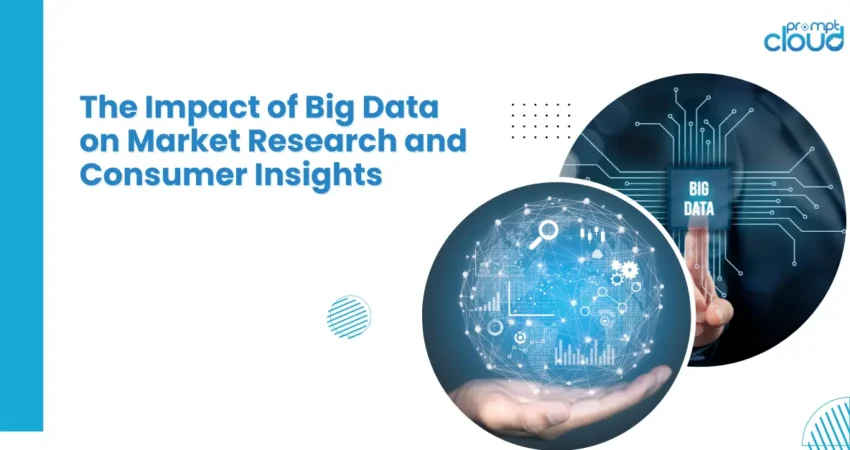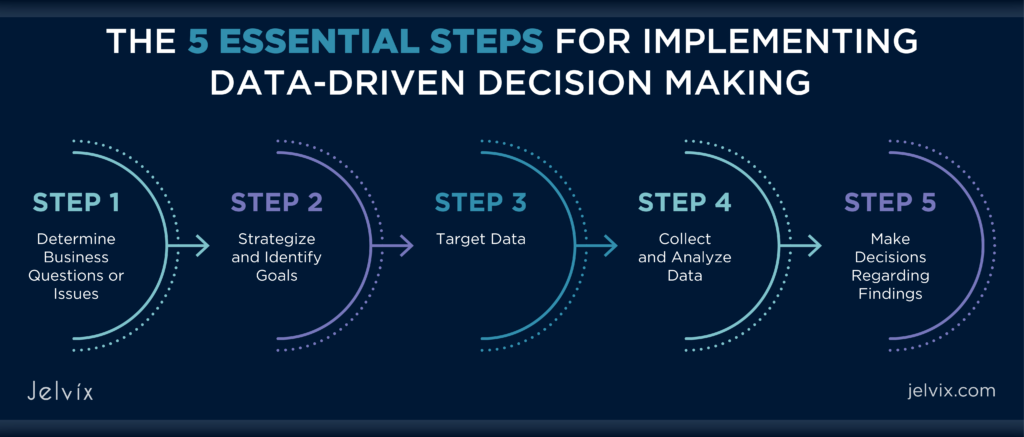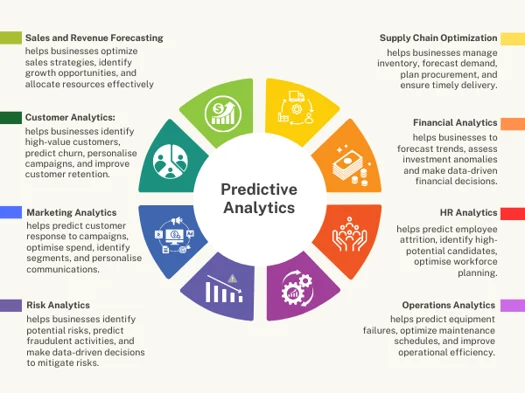
Unveiling New Horizons in Data-Driven Decision Making
In today’s digital frontier, big data is not just an asset; it’s a transformative force reshaping the contours of strategic business planning. With its profound capacity to decode complex consumer behaviors and intricate market dynamics, big data stands at the vanguard of modern competitive strategy. As businesses grapple with an ever-accelerating pace of market evolution, the integration of vast, multifaceted datasets into market research is no longer just an innovative trend but an essential pillar of survival and success.
This blog delves into the multifarious ways big data is not only revolutionizing our approach to market research but also profoundly deepening our insights into consumer behavior, thereby catalyzing more informed, astute, and timely business decisions. Embracing this era of data ubiquity means transcending traditional analytics, venturing into the realm of predictive foresight, and harnessing the nuanced complexities of consumer data to forge strategies that are as dynamic as the markets they intend to capture.

Enhanced Consumer Understanding
Big data allows businesses to parse through vast quantities of information to discern patterns and preferences in consumer behavior. Traditional market research methods often rely on smaller, targeted datasets that may not capture the full spectrum of consumer diversity. Big data enables a more holistic view by integrating various data sources, such as social media, transaction records, and IoT device outputs. This comprehensive approach allows companies to create more nuanced consumer profiles and tailor their offerings to meet precisely targeted needs.
A prime example of big data in action is Netflix’s use of viewership data to drive content creation and recommendations. By analyzing billions of records daily from over 200 million subscribers across different regions, Netflix can identify intricate viewing patterns and preferences. This data is not only used to recommend existing shows and movies more accurately but also to inform decisions on what type of new content to produce. For instance, the decision to create the hit series “House of Cards” was significantly influenced by data showing a large overlap in the audience that enjoyed the original British series, director David Fincher’s films, and lead actor Kevin Spacey’s movies. This strategic use of big data allows Netflix to craft its offerings to closely align with subscriber interests, enhancing viewer satisfaction and retention.
Real-Time Insights and Agility
One of the most significant advantages of big data is its ability to provide real-time insights. In a fast-paced market, the speed at which data is analyzed and utilized can be the difference between success and failure. Big data technologies enable companies to monitor consumer reactions and market changes as they happen, allowing for quick adjustments to marketing strategies and product offerings. This agility gives companies a critical edge in anticipating market shifts and responding effectively.
Amazon exemplifies the strategic use of real-time big data analytics to maintain its market leader status. The company uses complex algorithms to analyze customer behavior, preferences, and feedback continuously. This analysis influences everything from the management of its massive inventory to the personalization of customer interactions on its platform. For instance, Amazon’s dynamic pricing model adjusts the prices of millions of products in real-time based on demand, competitor pricing, and inventory levels. Additionally, its recommendation engine updates suggestions for each customer based on the latest interactions, improving customer experience and increasing sales efficiency. This real-time data processing capability allows Amazon to adapt swiftly to changing market conditions and consumer trends, ensuring high levels of customer satisfaction and retention.
Predictive Analytics for Forecasting

Predictive analytics are a game-changer in market research, powered by big data. By analyzing historical data and current trends, companies can forecast future consumer behaviors and market conditions with greater accuracy. This predictive power is invaluable for strategic planning, from optimizing inventory management to planning marketing campaigns that resonate with anticipated market developments.
Starbucks is a standout example of leveraging predictive analytics for strategic business decisions. Utilizing data from various sources, including customer transactions, preferences logged in mobile apps, and demographic information, Starbucks has developed sophisticated models to forecast demand at different times of the day and in different locations. This predictive insight allows them to manage inventory effectively, reducing waste and ensuring that popular items are always available. Moreover, predictive analytics also guide their site selection for new stores by analyzing community traffic patterns, population demographics, and existing customer data to identify optimal new locations. This strategic use of data not only enhances operational efficiencies but also improves customer satisfaction by delivering what customers want, where, and when they want it.
Cost Efficiency and ROI Improvement
Implementing big data solutions can be resource-intensive initially, but the long-term benefits significantly outweigh the costs. By enhancing the precision of market research efforts, companies can reduce wasted expenditure on ineffective marketing strategies and poorly targeted product developments. The insights gained from big data analytics allow businesses to allocate resources more effectively, improving ROI across various operational areas.
Conclusion
The integration of big data into market research and consumer insights represents a transformative shift in how companies understand and interact with their markets. By embracing big data, businesses can enhance their decision-making processes, predict market trends, and deliver value that is precisely aligned with consumer expectations. As we move forward, the role of big data in market research will only grow, further defining the boundaries of innovative, data-driven strategies.



















